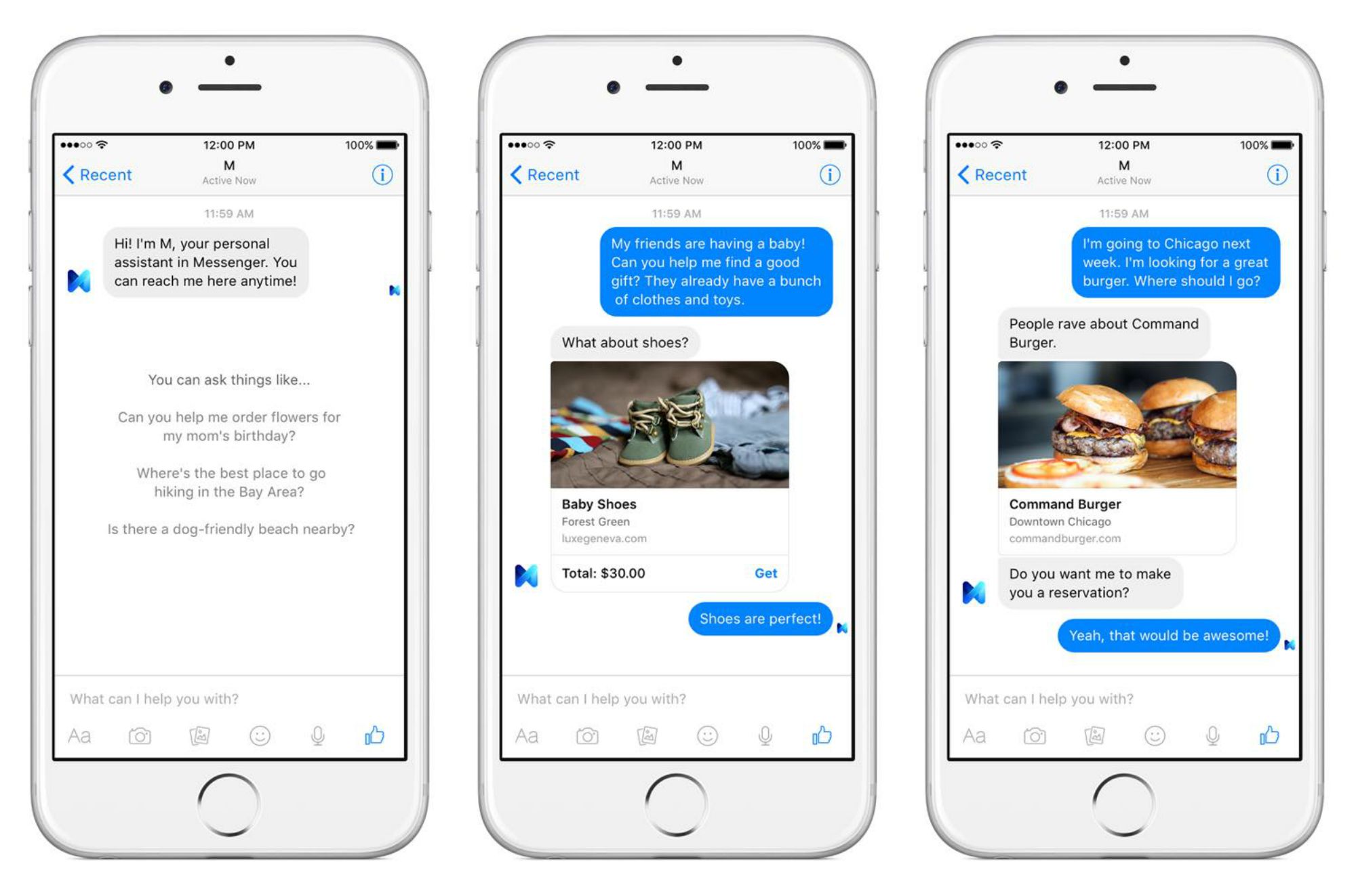Rumor mill: Facebook is allegedly working on a digital assistant to rival Alexa, Siri, and Google Assistant. However, given the company's privacy struggles and mediocre reception of its Portal video calling device, can Facebook really compete?
Facebook released its Portal and Portal+ video calling devices to compete with the likes of the Amazon Echo Show and Google Assistant powered devices. Now, the company is trying its hand at digital assistants per a report from CNBC.
According to "several people familiar with the matter," the new effort comes out of the augmented reality and virtual reality group, the same group who works on the Oculus Rift VR headset.
Facebook isn't necessarily new to the digital assistant landscape. It introduced a Messenger bot called 'M' in 2015 that was supposed to help with smart suggestions. Unfortunately, that was killed last year due to the reliance on actual human beings.
There's already a crowded market with Amazon Alexa and Google Assistant being one of the more popular digital assistants. Apple's Siri has been a staple on every iPhone since the iPhone 4S although it has fallen behind its competitors, particularly Google Assistant. Samsung is also trying to push Bixby on its own Galaxy devices. Alexa has become a household name due to the sheer number of Alexa devices out in the wild. Ironically, Facebook's own Portal works with Alexa natively.
"A team based out of Redmond, Washington, has been spearheading the effort to build the new AI assistant, according to two former Facebook employees who left the company in recent months. The effort is being lead by Ira Snyder, director of AR/VR and Facebook Assistant. That team has been contacting vendors in the smart speaker supply chain, according to two people familiar"
Then there's the elephant in the room, Facebook's record on privacy. The company has already admitted that their Portal products could potentially be used to collect user data for ad targeting. The Cambridge Analytica scandal alone has eroded much of the trust people had in Facebook keeping user data secure. Having an always-on digital assistant isn't going to inspire much trust.
That said, many people already use Google Assistant from a company whose core business is collecting user data to sell to advertisers. The usefulness of the Google Assistant is at least partially based on how much Google knows about the user. Facebook's massive reach as the largest social media network would give it access to plenty of data if it were able to leverage its own digital assistant.
Therefore, the two primary questions Facebook has to answer is: Can it create a compelling digital assistant to lure people away from Alexa, Siri, and Google Assistant, and can it overcome the lack of trust many people have in the company?
